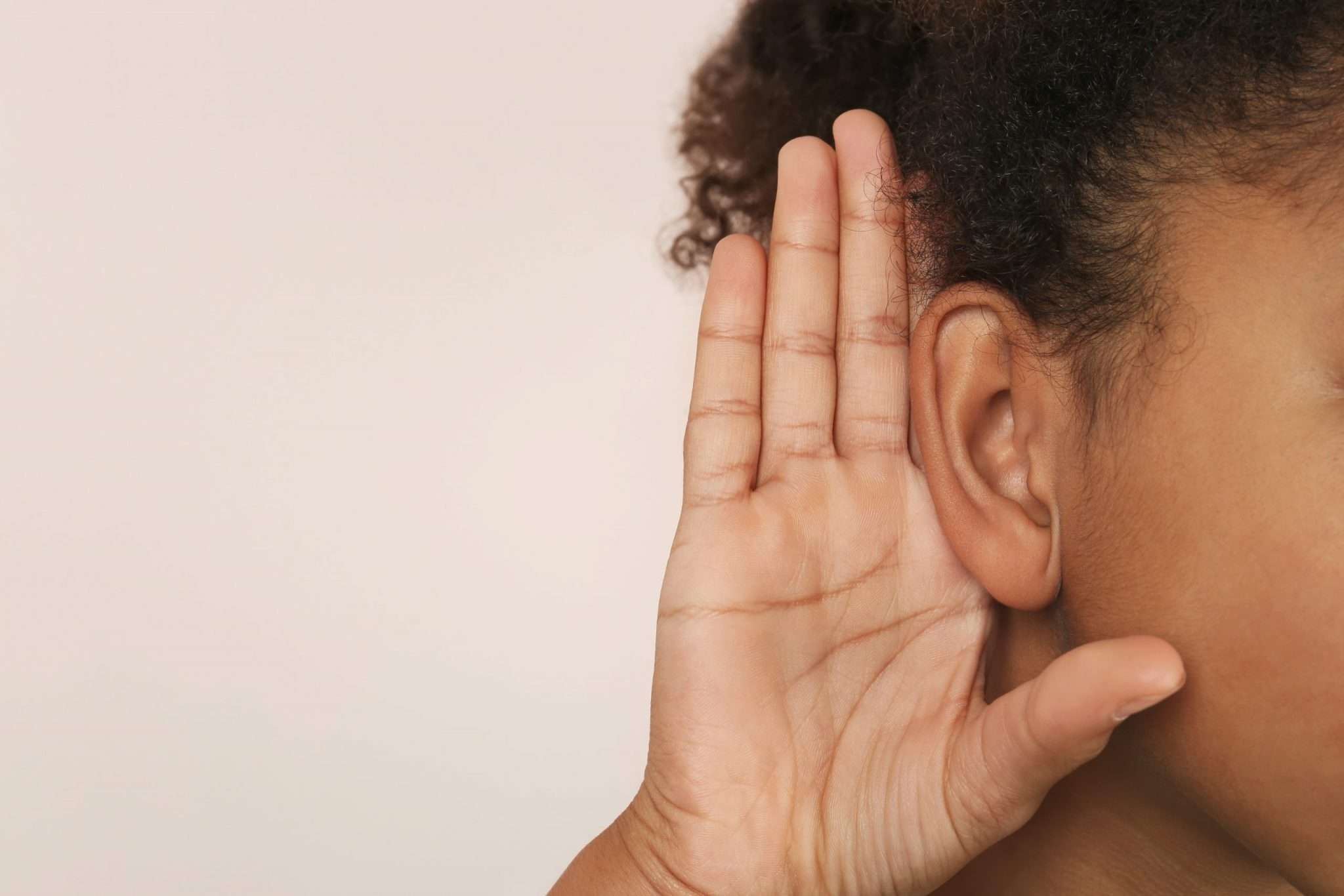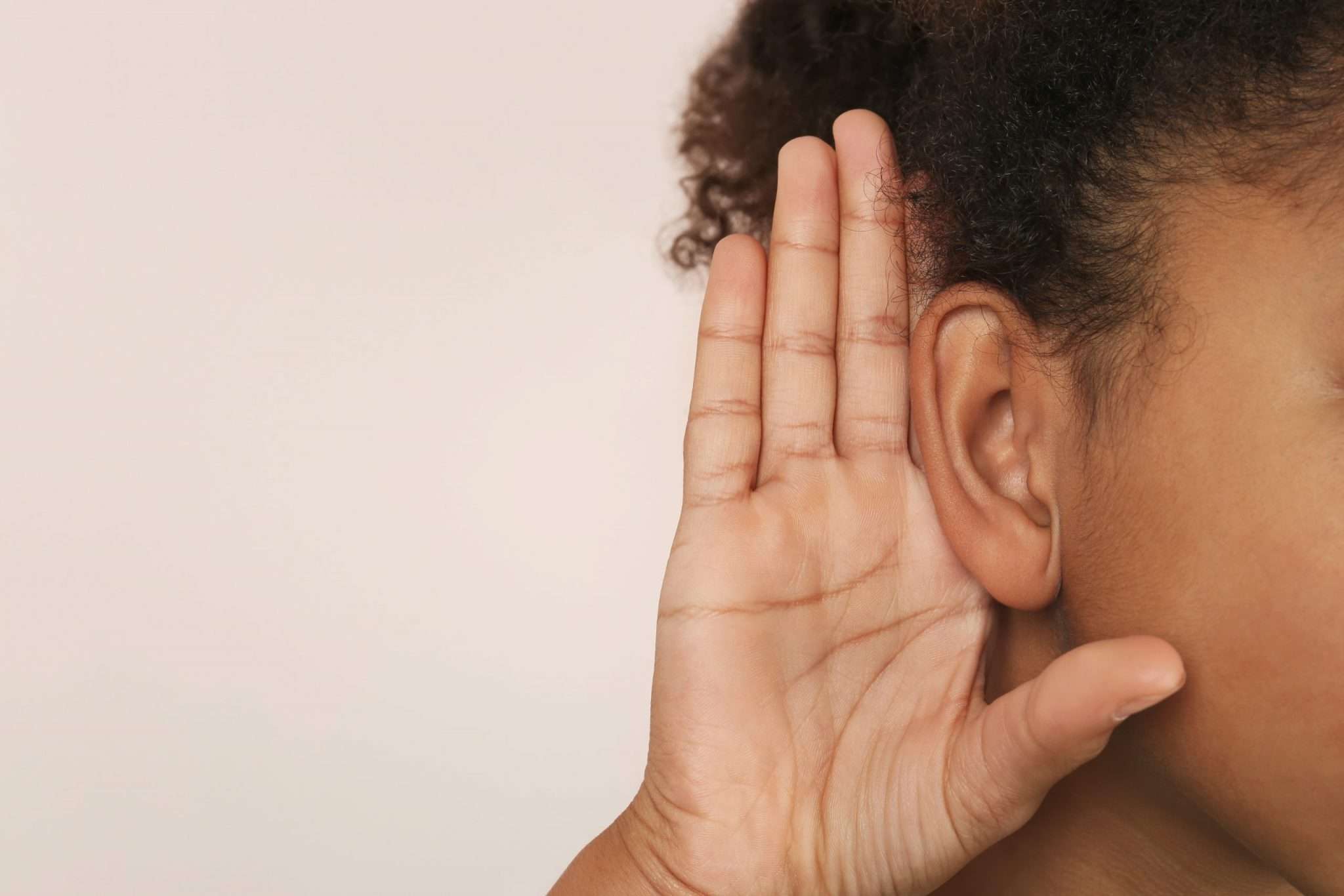
Excuse me, did I hear correctly? There are some rumors going around about one of the five senses: hearing. Read on to find out whether they’re myth or fact.
Ear Myth 1- The Hearing Impaired Have Heightened Senses: TRUE
It’s a phenomenon called cross-modal neuroplasticity, when the brain uses sensory-deprived areas to augment existing senses. In July 2012,
The Journal of Neuroscience published a
study proving that deaf individuals have sharper senses of sight and smell due to their hearing loss. X-rays examined responses in the brains of deaf and hearing participants to visual and tactile stimuli. The deaf participants showed greater activity in the auditory cortex when processing sight and touch, compared to the hearing participants.
Though having “super” senses is definitely cool, it may pose problems for a deaf person who begins using
cochlear implants. Since the auditory cortex shifted its focus to existing senses, and now sound is introduced into the mix, a person may experience difficulty with language comprehension.
Ear Myth 2- Cell Phones Can Cause Cancer: FALSE
Your neurotic aunt who nags you about using cellphones too much may just be overprotective, but she’s not alone. The National Cancer Institute
compiled a report of studies that determine the risk of cellphone use as it relates to cancer of the brain, nerves, head and neck from holding a cellphone at one's
ear. To date, there is no evidence that cellphone use causes cancer.
Cellphones emit radiofrequency energy, a non-ionizing form of electromagnetic radiation. Ionizing electromagnetic radiation causes DNA damage and is used for radiation therapy in patients. Non-ionizing electromagnetic radiation does not cause DNA damage and is used for heating, like in microwaves.
In a recent study, cellphone use for more than 50 minutes showed an increase in glucose consumption on the side of the brain it was used as opposed to the other side of the brain. However, radiofrequency energy does not sufficiently increase overall body temperature.
Current research is still underway. A large study called
COSMOS began in 2010, following approximately 250,000 cellphone users over the age of 18 for 20 to 30 years.
Ear Myth 3- Bigger Ears Mean a Bigger IQ: FALSE
Remember Pinky and The Brain? Those big ears always seemed a little condescending.
There is a belief that large
ears allow an increased ability to pick up information, making you smarter. Erich Rosenberger, MD,
writes that there is a lack of evidence on the subject, and that simple ear anatomy debunks this popular misconception. Hearing is made possible through
structures of the inner ear, not the cartilage that comprises the pinna, or the outer portion of the ear that we see. In addition, he adds, even if big ears meant better hearing, there is no connection between increased auditory input and intelligence.
Some infer a connection between ear size and character traits through the study of physiognomy. In 1900, a Miriam Ann Ellis published a book titled,
The Human Ear; its Identification and Physiognomy. In over 200 pages, Ellis explored different ear shapes and their meanings; for example, ears that have wide at the top are associated with “preachers, orators, or authors” (p. 145).
For nine more things you didn't know about your ears, check out this great Audicus
blog post!
by Estie Neff
 Excuse me, did I hear correctly? There are some rumors going around about one of the five senses: hearing. Read on to find out whether they’re myth or fact.
Excuse me, did I hear correctly? There are some rumors going around about one of the five senses: hearing. Read on to find out whether they’re myth or fact.
 Excuse me, did I hear correctly? There are some rumors going around about one of the five senses: hearing. Read on to find out whether they’re myth or fact.
Excuse me, did I hear correctly? There are some rumors going around about one of the five senses: hearing. Read on to find out whether they’re myth or fact.




